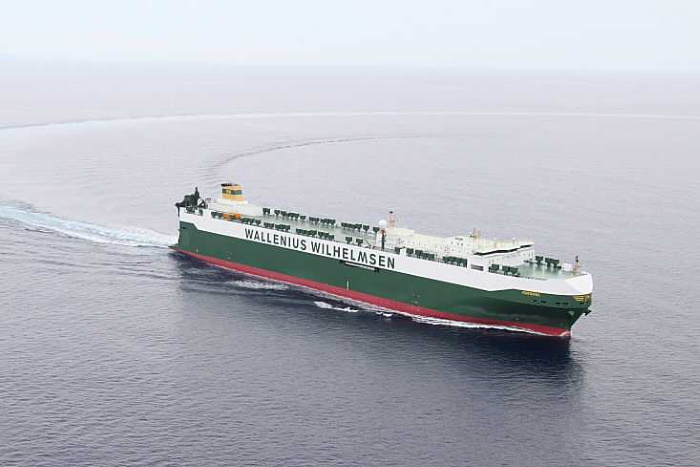Logistics for the energy revolution: Why shipping has a vital role to play.
21.08.2019It’s widely reported that radical change is taking place in the energy sector. But why is maritime such a green logistics choice for the major players?
Renewable energy is necessary for a sustainable future – green partnerships between cargo owners and transportation providers will also help to make that future a reality.
Historically, the difference in cost between renewable energy and fossil fuels has been too great to support a shift to green energy. But with new and innovative technology coming onto the market, we’re now seeing a big change.
The latest US example shows renewable energy is becoming more cost-efficient and that the cost of building new solar and wind plants is lower than running existing coal-fired power plants. Naturally, technical developments will continue, further strengthening the case for renewables.

China and India ramp up in renewables race.
Around the globe, huge wind and solar energy farms are being built. China and India are at the forefront, competing to run the world’s largest renewable power plants.
A good example is Kamuthi – a single plant in India that powers more than 150,000 homes. Likewise, the Gansu wind farm in China is targeting a staggering 20 gigawatts capacity by 2020. In Europe, there are plans for offshore wind farms with a combined capacity of 100 gigawatts.
These developments – in combination with technical innovations – mean that it’s only natural that some of the equipment for these projects is growing in size. Turbines are moving towards 1,000 tonnes in weight and some giant solar panels are now too big for transportation in containers.
This is forcing manufacturers and engineers to think about logistics in new ways – with dismantled transportation one option. This technologically superior and sensitive equipment needs to be carefully handled and transported using a limited number of lifts to avoid damage.
Why RoRo make sense for breakbulk cargo.
The logistics challenges ahead will require experience, global reach, and local support, as well as tailored equipment to ensure efficient and secure transportation.
As industries focus on sustainable technology, they must also take into account responsible and sustainable transportation.
Everyone knows that global trade and maritime transportation are fundamental to sustaining economic growth. But maritime transportation will also become indispensable when for maintaining a sustainable global economy. It’s the most environmentally-sound mode of mass transport, both in terms of energy efficiency and pollution prevention.
Within the shipping industry, responsible shipping lines should strive to continuously minimise their environmental footprint through innovative technology and sophisticated engineering. Vessel design should mirror this. With digital transformation a key part of the fourth industrial revolution, big data is being used to track and control vessel performance, which should in turn lead to a lower CO2 footprint.
Renewable energy is necessary for a sustainable future – green partnerships between cargo owners and transportation providers will also help to make that future a reality.
Source: Hellenic Shipping News
